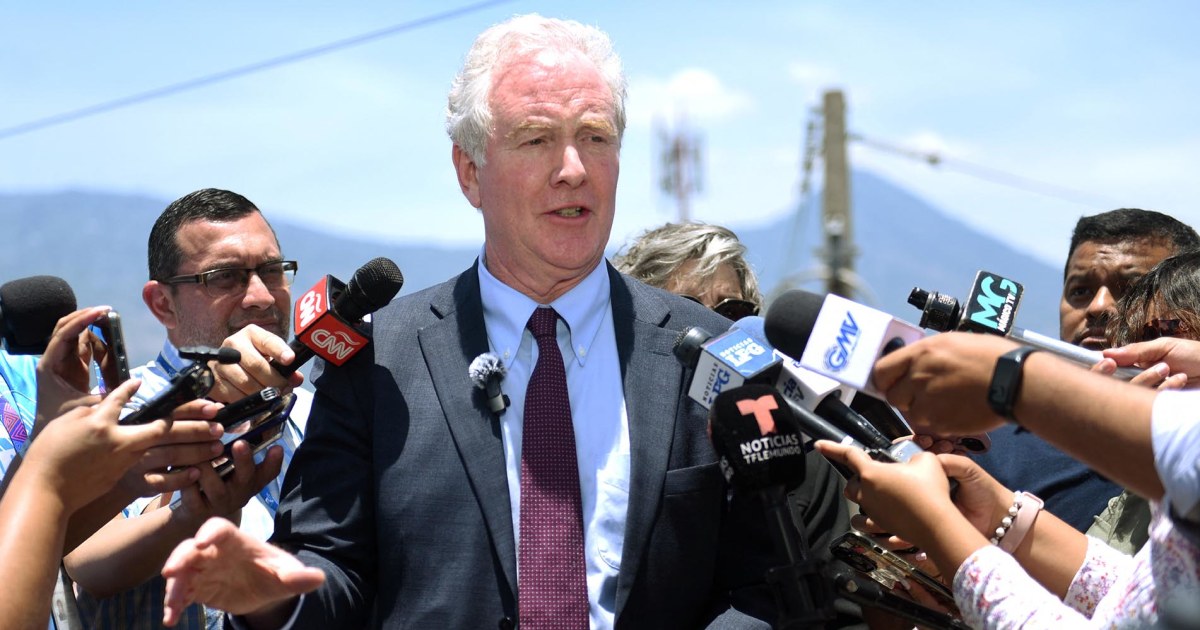Key takeaways:
- Judge J. Harvie Wilkinson III, previously considered for Chief Justice by President George W. Bush, has become a critic of the current state of the rule of law in the U.S., expressing concerns over constitutional erosion and loss of liberties under a Republican president.
- A controversial deportation case involving Kilmar Abrego Garcia, deported despite a withholding order, has sparked debate within the Democratic Party, highlighting divisions on addressing President Trump’s immigration policies.
- Wilkinson’s recent opinion for the Fourth Circuit Court of Appeals, which opposed a Trump administration position, reflects the complexities of the current legal and political landscape and the evolving nature of political alliances.
In a surprising turn of events, Judge J. Harvie Wilkinson III, once considered a potential nominee for Chief Justice by President George W. Bush, has emerged as a vocal critic of the current state of the rule of law in the United States. Known for his conservative judicial philosophy, Wilkinson has expressed concerns over what he perceives as an erosion of constitutional order. His recent writings lament the perceived loss of liberties and freedoms under the administration of a Republican president, a stance that has raised eyebrows given his past affiliations.
The backdrop to Wilkinson’s critique is a controversial deportation case that has sparked significant debate within the Democratic Party. The case involves Kilmar Abrego Garcia, a Maryland resident who was deported to El Salvador despite being protected by a withholding order and not having a criminal conviction. This incident has highlighted divisions among Democrats on how to address President Donald Trump’s immigration policies, which have been a cornerstone of his political agenda.
While some Democrats have focused on the legal and humanitarian aspects of Garcia’s deportation, accusing Trump of defying a court order, others have shifted their attention to broader economic issues. These include the impact of Trump’s tariff policies and the ongoing challenge of high consumer prices. The differing approaches within the party reflect a strategic debate on how best to counter the president’s policies and appeal to voters.
Amidst these political dynamics, Wilkinson’s recent opinion for the Fourth Circuit Court of Appeals, which rejected a Trump administration position, underscores the complexities of the current legal and political landscape. His unexpected stance serves as a reminder of the evolving nature of political alliances and the ongoing discourse surrounding the rule of law in the United States.



Be First to Comment